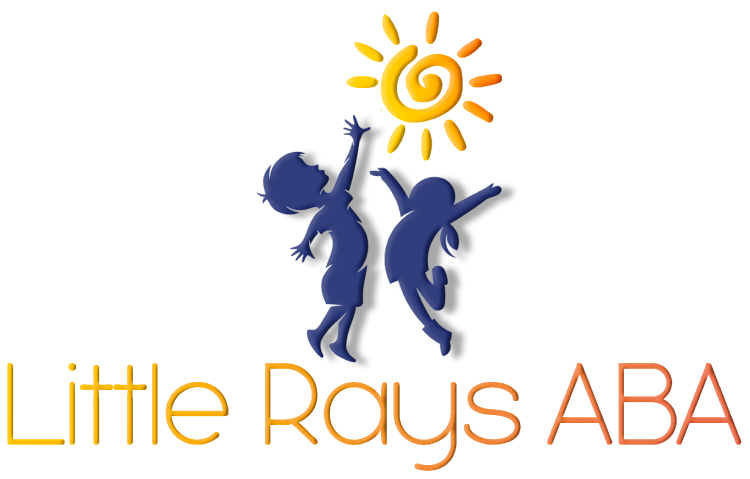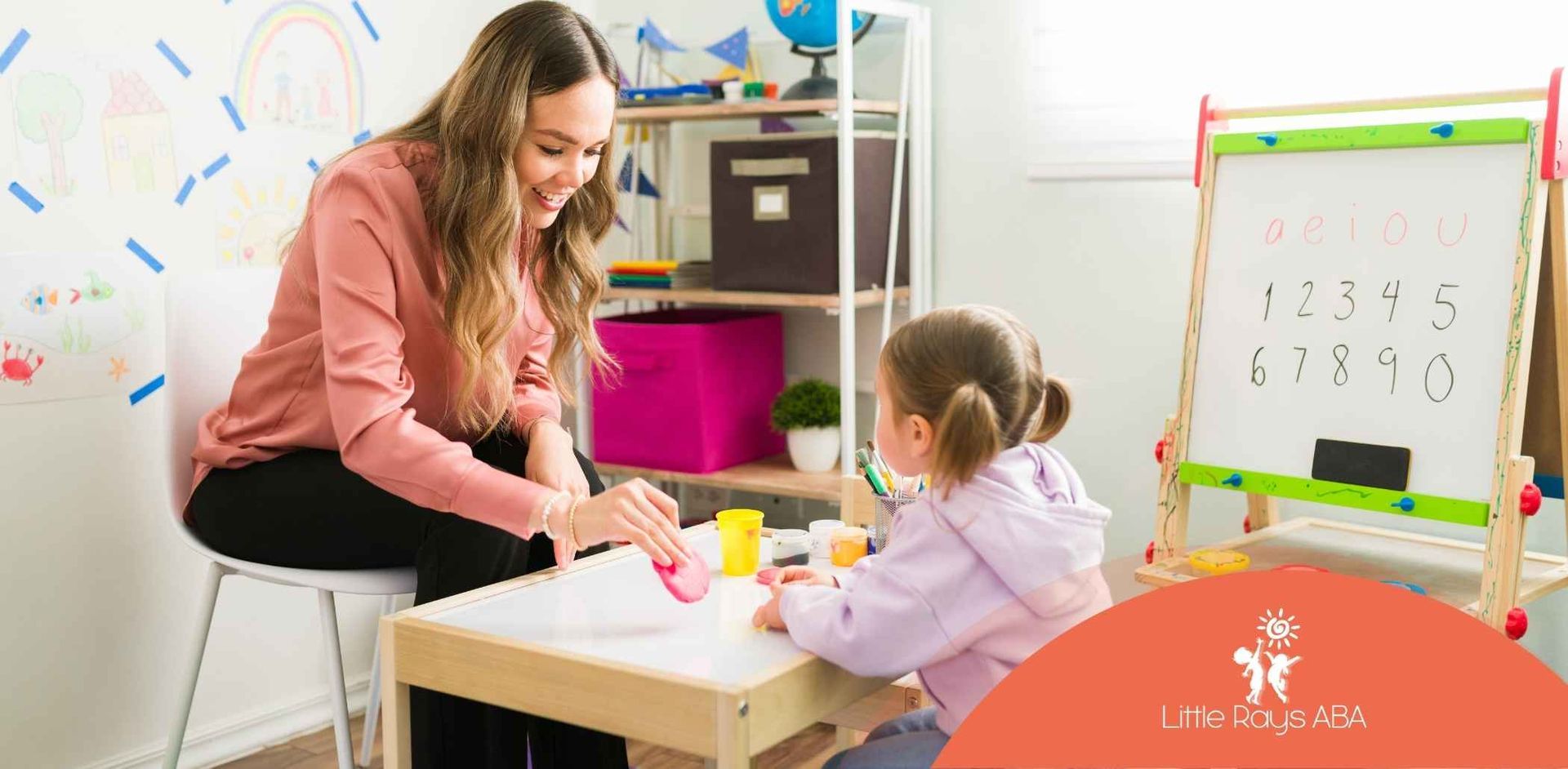
What BCBA Pass Rate Statistics Mean for Families in Florida
BCBA Exam Pass Rates
Defining Pass Rate Metrics
Pass rate metrics indicate the percentage of candidates who achieve a passing score on the credentialing exam. The Behavior Analyst Certification Board publishes annual results that reflect both first-time and retake outcomes. First-time test takers generally exhibit higher success rates than those retaking the exam. Families may review these figures to gauge the overall readiness level of new BCBAs. Several factors influence pass rates, including academic background and training quality.
- Candidate academic preparation and degree completion
- Quality and duration of supervised fieldwork experience
- Availability of study resources and exam coaching
- Consistency of exam content across administrations
National Trends in Performance
Recent exam cycles have shown overall stability in first-time success rates at the national level. Regional variations exist, reflecting differences in program rigor and candidate preparation. Starting in 2022, BACB only reports programs with at least six first-time candidates to improve data reliability. State-level trends often mirror national patterns but also reflect local training capacity. Emerging certification pathways and updated curriculum standards may shape future performance trends.
Data Limitations and Scope
Families reviewing pass rates should note inherent limitations in the published data. Programs with fewer than six first-time candidates have their results aggregated across multiple years to meet reporting thresholds. The BACB does not provide detailed breakdowns by exam domain or candidate graduation year. Geographic comparisons may be skewed by differences in program size and candidate demographics. Exam performance metrics should therefore serve as one of several decision-making factors.
Family Implications in Florida
Provider Availability
Florida’s rapid growth in autism diagnoses has driven up demand for BCBA services. When pass rates remain strong, the supply of newly certified professionals tends to meet this need. Conversely, lower exam success can constrict the candidate pool and exacerbate provider shortages. Families may face delays in securing initial assessments and ongoing therapy. Monitoring pass rate trends offers insight into future provider availability across the state.
Wait Times and Access
Extended wait times often result when demand outpaces the supply of certified BCBAs. Many Florida families report waiting weeks or months for an initial evaluation appointment. Pass rate statistics, while not the sole factor, offer a forecasting tool for providers entering the workforce. Families can use trends to decide on alternative service options, such as telehealth or supervised graduate clinicians. Early planning becomes essential in regions with historically lower exam success rates.
Quality of Care Considerations
Certification ensures practitioners meet a standardized knowledge threshold. However, exam success does not guarantee practical competence or therapeutic rapport. Families should weigh pass rate metrics alongside measures like ongoing supervision and training recency. What does a high pass rate really mean for a family evaluating a new therapist? In a Jacksonville case, one family reviewed program success rates. They also assessed provider experience before making a final selection.
Case Illustration
The Martinez family in Jacksonville discovered their chosen university cohort reported consistently high first-time success. This insight gave them confidence during provider interviews. They still asked about supervision hours and continuing education credits. Ultimately, their selected BCBA demonstrated strong rapport and data-driven goal setting, leading to steady progress for their son.
Interpreting Program Data
Finding Accredited Programs
Florida offers multiple pathways to BCBA certification, including ABAI-accredited degree programs and Verified Course Sequences (“VCS”). Families can locate approved options using the BACB program search tool. Program accreditation ensures candidates receive structured coursework and supervision hours. Evaluating program quality begins with verifying relevant institutional affiliations and curriculum scope. This step helps families identify training providers with proven track records.
First-Time Versus Retake Rates
Program-level data distinguish between first-time candidate pass rates and retake outcomes. First-time candidates typically achieve higher success, often exceeding national averages. Retake success rates often fall significantly below first-time results. This decline may reflect increased exam difficulty and candidate factors. Families should interpret both metrics to understand how well a program prepares its graduates. This comparison provides insight into program consistency and candidate support structures.
Reporting Standards and Criteria
Published pass rates only include programs meeting BACB’s minimum reporting criteria. Programs with fewer than six first-time candidates must combine data across multiple years to meet thresholds. This approach maintains confidentiality but may obscure recent performance changes. Families should consider aggregated reporting when evaluating a program’s current strengths. Below is a summary of key reporting standards from the BACB.
| Criterion | Description |
|---|---|
| Minimum Candidates | Six first-time exam takers per year |
| Data Aggregation | Programs with fewer combine multiple years |
| Rate Type | Only first-time pass percentages reported |
Cohort Size Impact
Cohort size can significantly influence pass rate interpretation. Small cohorts may produce volatile percentages that fluctuate widely year to year. Larger cohorts tend to yield more stable averages. Families can trust these figures for program quality decisions. When cohort sizes are unclear, families may consult program administrators for additional context. Understanding cohort impact helps avoid overinterpretation of isolated pass-rate spikes.
Ensuring Provider Credentials
Verifying Licensure Status
BCBA certification does not replace state licensure requirements. In Florida, practitioners must hold a behavior analysis license from the Department of Health. Families can verify license status online using the Florida license lookup tool. They should confirm active status, expiration dates, and any disciplinary actions. This step ensures legal compliance and professional accountability.
- Confirm active status at the Florida Department of Health license lookup
- Ensure no disciplinary actions or restrictions
- Check expiration dates and renewal cycles
Inquiring About Supervised Fieldwork
Fieldwork experience under a certified supervisor is essential for skill development. The BACB requires candidates to complete structured supervised hours before exam eligibility. Families can ask providers about their fieldwork setting and supervision model. Details may include hours, supervision frequency, and types of clinical tasks. Robust field supervision often correlates with stronger practical competence.
- Inquire about total supervised experience hours logged
- Ask how often the provider received direct feedback
- Clarify which clinical activities were included under supervision
Asking About Exam Preparation
Exam preparation methods vary across programs and candidates. Some providers engage in formal review courses and practice item banks. Others rely on peer study groups or self-directed reading. Families can ask about the duration and content of each provider’s study plan. A transparent exam preparation approach may indicate strong commitment to professional development.
Observing Practical Competence
Direct observation of therapy sessions can reveal a provider’s clinical skills. Families may request session viewing under confidentiality safeguards. Observations should focus on data collection accuracy, intervention fidelity, and client engagement. Clear communication and rapport often stem from practical competence. This qualitative assessment complements pass rate data and licensure checks.
- Request direct observation opportunities under privacy protocols
- Review session documentation and data tracking methods
- Ask for examples of behavior intervention demonstrations
Collaborating for Successful Outcomes
Family Involvement in Planning
Effective ABA interventions begin with comprehensive family involvement. Families should attend initial assessment meetings to share their child’s history and goals. Open dialogue ensures that therapy targets align with home priorities. Behavioral objectives become more relevant when they reflect each family’s unique needs. Active participation builds trust and fosters generalization of skills across settings.
- Provide detailed developmental and behavioral histories
- Set realistic and measurable short-term goals
- Participate in goal-review discussions regularly
Progress Monitoring Strategies
Data-driven decision making underpins effective ABA treatment. Families can request regular progress reports with graphical trend lines. Reviewing session graphs helps identify skill acquisition or areas needing adjustment. Collaborative data analysis ensures that interventions remain responsive and individualized. Consistent monitoring prevents stagnation and maximizes therapy benefits.
- Use data graphs to track goal attainment
- Schedule quarterly progress review meetings
- Adjust objectives based on performance trends
Working With School Personnel
Coordination with educators enhances generalization of learned behaviors. Families can share ABA goals with the school’s behavior support team. Joint planning leads to consistent reinforcement across settings. Including teachers in progress discussions promotes a unified approach. This collaboration often accelerates skill acquisition and reduces regression.
- Attend individualized education program meetings
- Share behavior intervention plans with school staff
- Coordinate reinforcement strategies across home and school
Conclusion
BCBA pass rate statistics offer a valuable overview of exam performance and emerging workforce capacity in Florida. While high pass rates suggest training competency, families must interpret these figures alongside licensure status and fieldwork quality. Practical competence assessment completes the picture. Engaging directly in treatment planning and consistent progress monitoring keeps interventions aligned with each child’s goals. Collaboration among families, providers, and educators maximizes service effectiveness across home and school environments.
At Little Rays ABA, we’re dedicated to providing the best ABA therapy services for families in Florida. Whether you’re pursuing BCBA certification or looking to enhance your child’s therapy experience, our team is here to guide you toward success. We partner with families to create personalized, effective strategies for lasting progress.
Contact us today to schedule a consultation and explore how our BCBA-certified team can help you or your child thrive.
Frequently Asked Questions
What is the BCBA pass rate in Florida?
Pass rates can vary by program, but Florida generally sees competitive pass rates for BCBA exams. It’s important to focus on comprehensive preparation, including practical fieldwork and study techniques.
How can families benefit from working with a BCBA in their child’s therapy?
BCBAs are responsible for creating individualized treatment plans, overseeing RBTs, and ensuring therapy aligns with your child’s specific goals. Working closely with a BCBA helps ensure consistent progress and high-quality care.
How can I prepare for the BCBA exam effectively?
Focus on core areas like measurement, assessment, skill acquisition, and behavior reduction. Combining study resources, practice exams, and direct supervision during fieldwork will greatly increase your chances of passing.
SOURCES:
https://www.bacb.com/about/bacb-certificant-annual-report-data/
https://thebarexaminer.ncbex.org/article/spring-2022/the-testing-column-5/
https://www.bacb.com/university-examination-pass-rates/
https://www.miamiherald.com/careers-education/fe-exam-pass-rate/
https://www.indeed.com/career-advice/career-development/how-to-become-bcba
https://www.thechicagoschool.edu/insight/career-development/bcba-guide-bcba-certification-exam/
Related Posts





